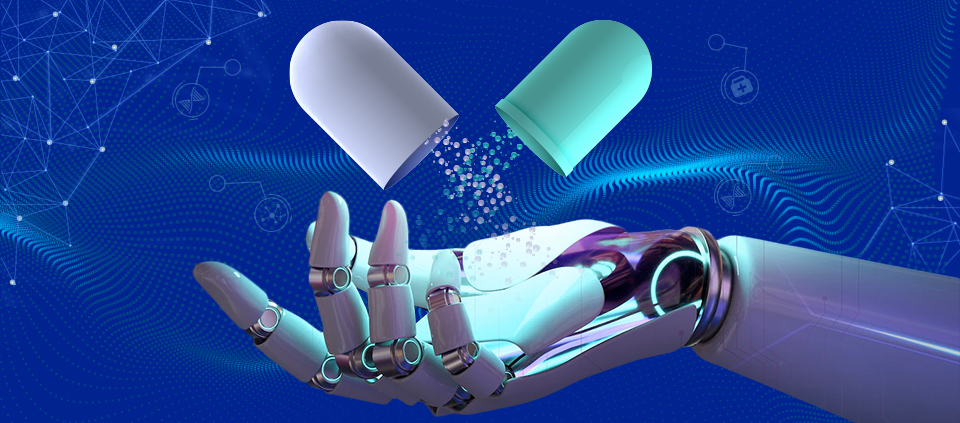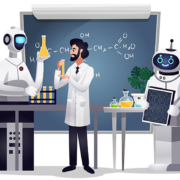One of the country’s leading comprehensive cancer centers has just announced that it is tapping an artificial intelligence-powered drug discovery platform to aid its development of novel cancer therapeutics.
The center is working with AI developer Exscientia to aid its discovery of new cancer drugs. According to an MD Anderson press release, the collaboration will start with “jointly identified oncology targets and then employ Exscientia’s AI platform to design small-molecule drugs.” The resulting candidates will be examined by MD Anderson’s Therapeutics Discovery division and its Institute for Applied Cancer Science, and the most promising prospects will potentially advance into clinical proof-of-concept studies at the Houston cancer center.
MD Anderson’s drug discovery institute, known as IACS, and the cancer center’s other teams have to date helped graduate at least five small-molecule and antibody-based therapies into early-stage clinical testing, including through collaborations with Bristol Myers Squibb, Ionis, Astellas and more.
The financial terms of the joint venture were not disclosed; however, in their announcement, Exscientia and MD Anderson said they will “jointly contribute to and support each program” that is targeted for development.
Exscientia, has been a leader in AI-driven design of large-molecule drugs and antibody therapies. In addition to partnering with facilities such as MD Anderson and well-known pharmaceutical companies, earlier this year, Exscientia found itself with the rights to develop a drug of its own. After wrapping up an AI collaboration with Bayer to develop targets in cancer and cardiovascular disease, the two companies announced that Exscientia would retain the option to develop one of the two targets.
Citadel and AI for Drug Discovery
Similar to the partnership between Exscientia and MD Anderson, Citadel Discovery is sharing knowledge and expertise to better enable drug discovery by providing access to data, models, and results discounted for academics and by developing a sharing platform and an expanded list of drug targets.
Citadel was launched in 2021 with the purpose of giving a kind of “open access” to the data and technology that will drive the future of pharma research streamlining and lowering the costs of drug discovery and biological research.
The costs of drug discovery continue to rise, with current estimates exceeding $2 Billion. Not to mention that bringing a drug successfully through all clinical trial phases takes, on average, 10-12 years in research and development. Artificial intelligence and machine learning in drug discovery hold the key to reducing these costs and timelines.
Rohit Mahajan is a Managing Partner at BigRio and the President and Co-Founder of Citadel Discovery. He has a particular expertise in the development and design of innovative AI and machine learning solutions for clients in Healthcare, Financial Services, Retail, Automotive, Manufacturing, and other industry segments.
CarTwin has leveraged AI and Digital Twin technologies to create a digital, cloud-based clone of a physical vehicle designed to detect, prevent, predict, and optimize through AI and real-time analytics. If you would like to benefit from our expertise in these areas or if you have further questions on the content of this article, please do not hesitate to contact us.









